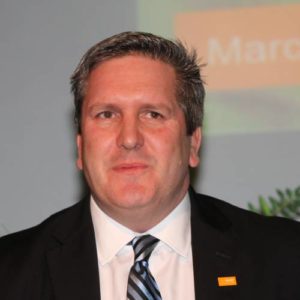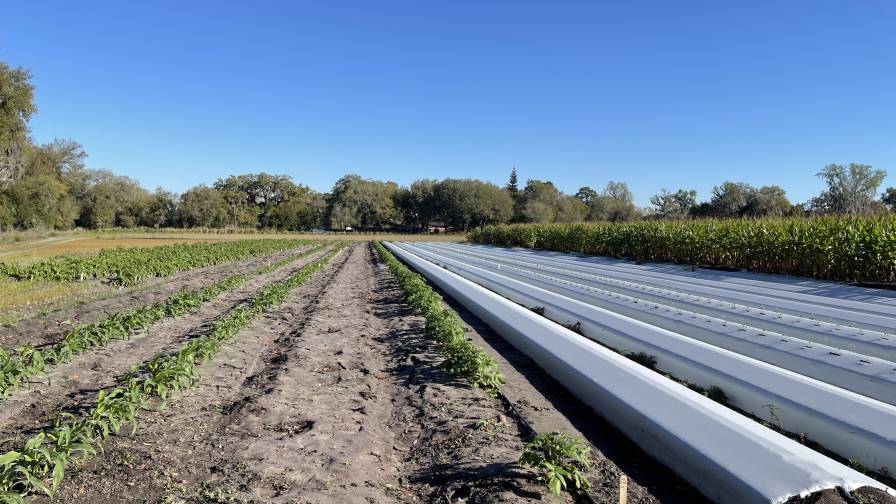BASF Enters Seed with Bayer Purchase
For BASF, Friday, October 13, 2017, turned into a lucky day of sorts. After spending many months on the sidelines as its crop protection/seed rivals jockeyed to merge their operations, BASF stepped up and made a purchase of its own. The German-based crop protection giant will pay $6.92 billion to acquire several crop protection and seed assets from Bayer Crop Protection.
“With this acquisition, we are seizing the opportunity to purchase highly attractive assets in key row crops and markets. We look forward to growing these innovative and profitable businesses and to welcoming the experienced and dedicated team in crop protection, seeds and traits. These businesses are an excellent match for BASF Group’s portfolio,” said Dr. Kurt Bock, Chairman of the Board of Executive Directors of BASF SE.

Paul Rea. BASF Crop Protection North America
Paul Rea, Senior Vice President, Crop Protection for North America, echoed this view. “This is an excellent opportunity for us to enter the seed business and add fully-enabled products to our line-up,” said Rea. “We’ve always been very seed-minded and had a successful seed treatment business. Now, we have the opportunity to get involved with a very successful seed portfolio.”
The assets to be sold include Bayer’s global glufosinate-ammonium business and the related LibertyLink technology for herbicide tolerance, essentially all of the company’s field crop seeds businesses, as well as respective research and development capabilities. The seeds businesses being divested include the global cotton seed business (excluding India and South Africa), the North American, and European canola seed businesses and the soybean seed business.
The transaction includes the transfer of relevant intellectual property, five production facilities, and 10 research and development sites, as well as more than 1,800 employees primarily in the U.S., Germany, Brazil, Canada, and Belgium. As part of the agreement, BASF has committed to maintain all permanent positions, under similar conditions, for at least three years after closing of the transaction.
According to BASF, these product lines have all enjoyed widespread market growth over the past few years. In fact, the company said that the canola seed line is currently the market leader in North America and grown approximately 14% annually for the last few seasons. “Likewise, glufosinate sales have increased 17% per year during this same time,” said Rea.






